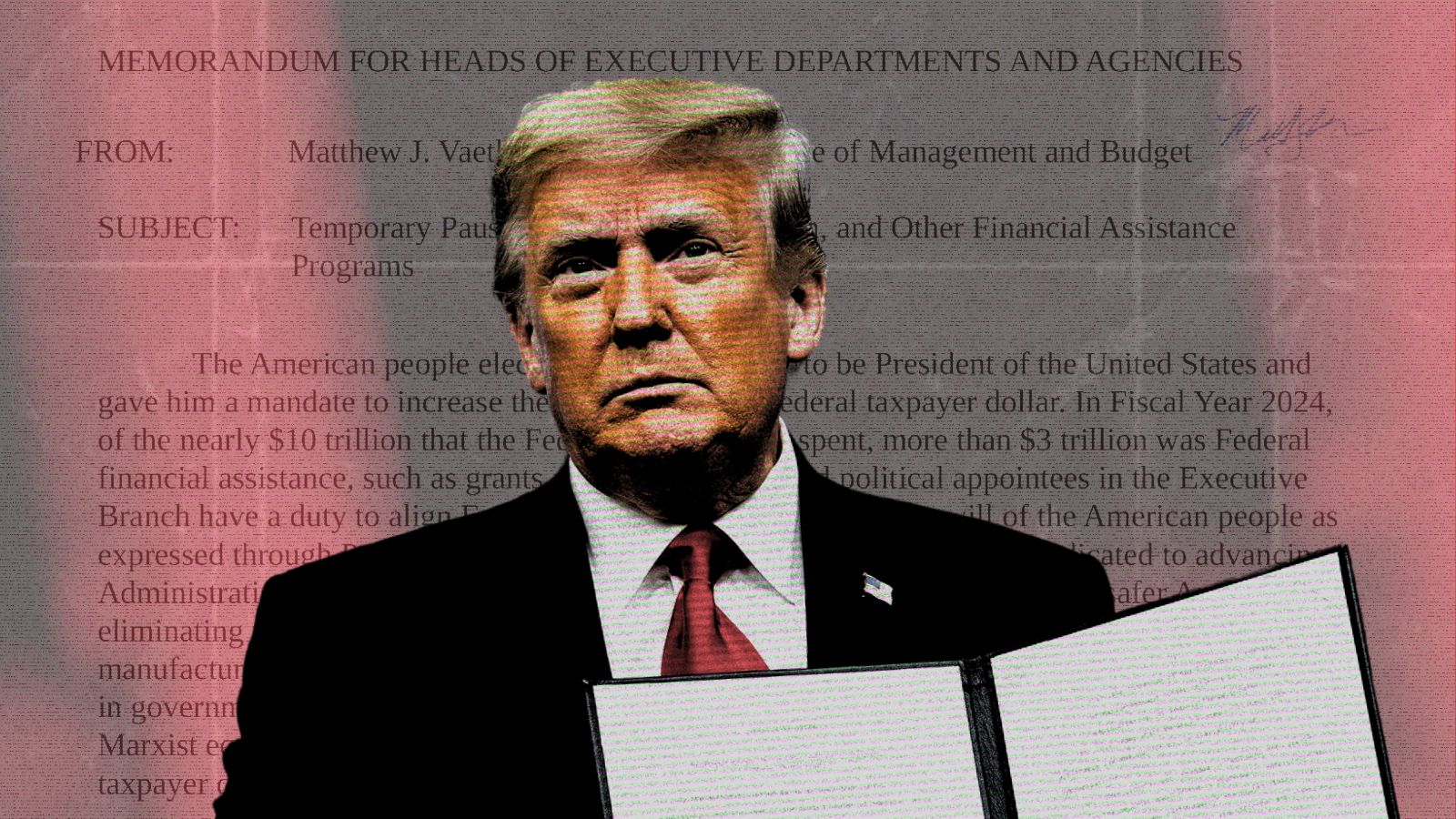The Trump administration on October 2 terminated $7.6 billion in grants funding 223 clean energy projects across 16 states, all of which supported former Vice President Kamala Harris in the 2024 presidential election. The decision, announced by the Energy Department, follows a review deeming the projects misaligned with national energy needs or economically unviable. The cuts, affecting initiatives like battery plants, hydrogen technology, electric grid upgrades, and carbon-capture efforts, have sparked accusations of political retaliation amid an ongoing government shutdown.
The Energy Department’s review targeted funding from the Office of Clean Energy Demonstrations, Office of Energy Efficiency and Renewable Energy, and other bureaus. While specific project details were not disclosed, the cancellations include up to $1.2 billion for California’s hydrogen hub, the Alliance for Renewable Clean Hydrogen Energy Systems (ARCHES), and $1 billion for a Pacific Northwest hydrogen project. Notably, hydrogen projects in Texas, West Virginia, Ohio, and Pennsylvania were spared. The 16 affected states are California, Colorado, Connecticut, Delaware, Hawaii, Illinois, Maryland, Massachusetts, Minnesota, New Hampshire, New Jersey, New Mexico, New York, Oregon, Vermont, and Washington. Each of these states voted for Harris in 2024, and their US Senators opposed a Republican short-term funding bill to avert the government shutdown.
White House Budget Director Russell Vought announced the cuts on social media, framing them as eliminating funding for the “Left’s climate agenda.” President Donald Trump, in an interview with One America News, suggested the cuts target Democratic priorities, stating, “I’m allowed to cut things that never should have been approved in the first place.” The administration has also rescinded $13 billion in clean energy funding from the 2022 climate law, citing unspent allocations.
Democrats and environmental groups have condemned the move. California Governor Gavin Newsom highlighted that ARCHES had secured $10 billion in private investment and supported over 200,000 jobs, calling the cut a threat to economic growth. Senator Alex Padilla (D-CA) labeled the decision “vindictive” and “shortsighted,” arguing it undermines US energy leadership. Senator Patty Murray (D-WA.) accused the administration of using American livelihoods as “pawns in some sort of sick political game.” Environmental organizations echoed these concerns. Jackie Wong of the Natural Resources Defense Council (NRDC) called the cuts a blow to innovative technology and clean energy jobs. Conrad Schneider of the Clean Air Task Force warned that the cancellations weaken U.S. competitiveness in global energy markets.
Energy Secretary Chris Wright defended the cancellations, emphasizing they were business decisions to protect taxpayer dollars and prioritize affordable, reliable energy. He denied political motivations, stating, “These decisions are made on whether it’s a good use of the taxpayer money or not.” Wright noted that projects in both Republican and Democratic states, including hydrogen initiatives in West Virginia, Texas, and Louisiana, are under review, with further cancellations expected. Award recipients have 30 days to appeal.
The cuts align with the Trump administration’s broader rollback of climate programs, including vehicle emission and greenhouse gas regulations. The Energy Department’s review began after President Donald Trump’s 2024 election victory, with over a quarter of the rescinded grants awarded between Election Day and Inauguration Day under the Biden administration. The cancellations are part of a $7 billion hydrogen fuel program initiated by President Joe Biden to combat climate change.
As the government shutdown continues, the debate over these cuts underscores tensions between fiscal priorities and clean energy innovation, with significant implications for jobs, energy costs, and US leadership in emerging technologies.

Leave a Reply